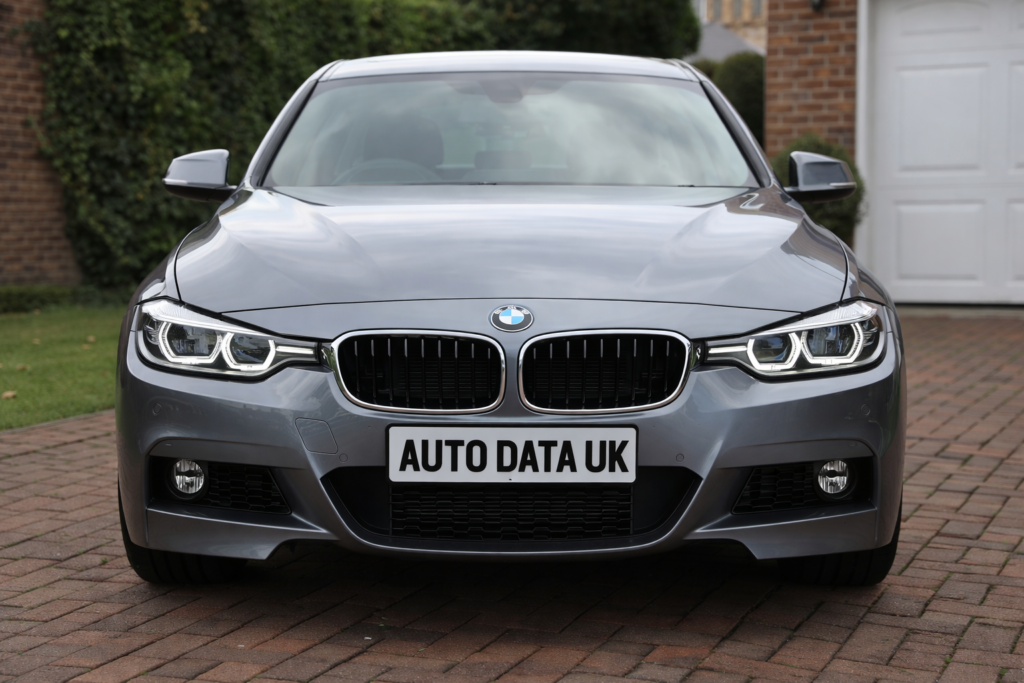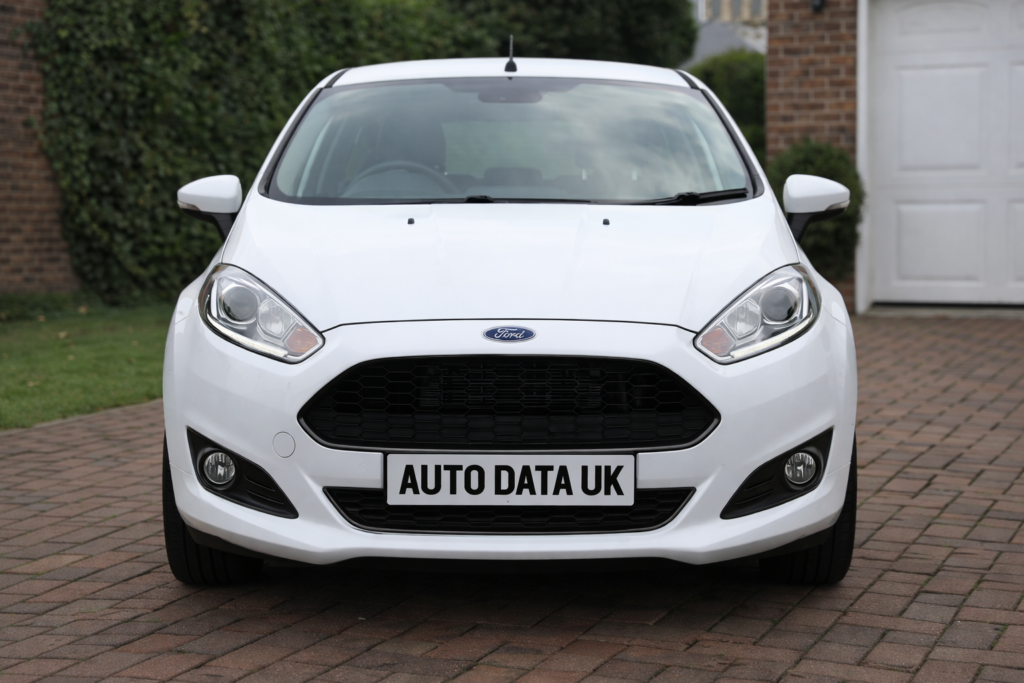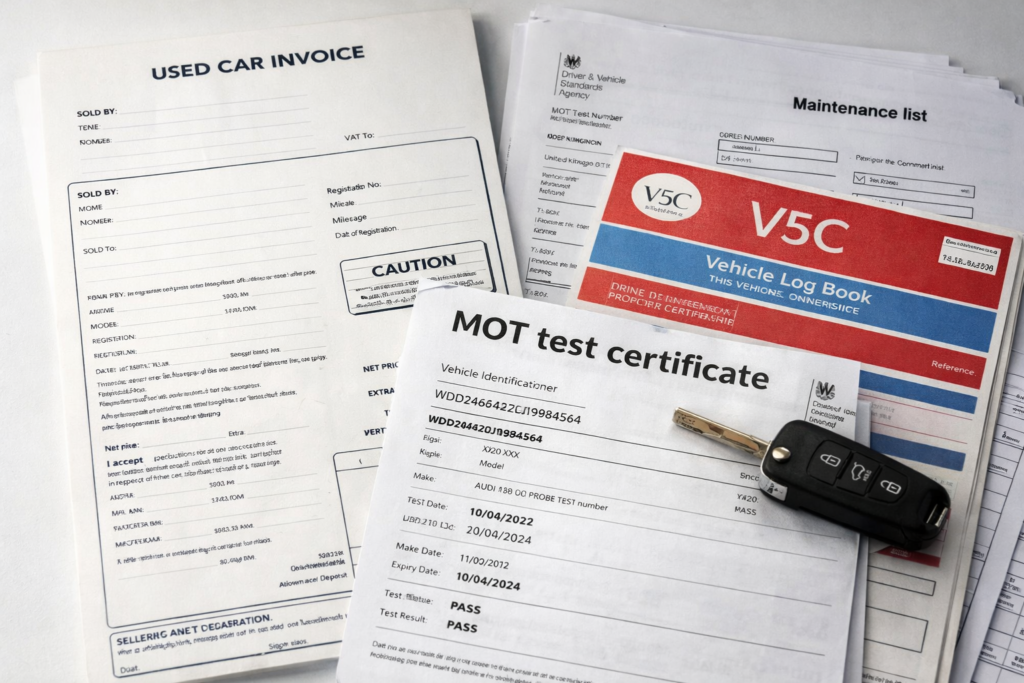
Avoiding Scams & Pitfalls
Avoiding scams and pitfalls when buying a car is essential, as vehicle fraud is more common than many realise. From clocked mileage to cloned cars, knowing what to watch out for is your best defence against losing thousands.
1. Avoiding Scams and Pitfalls with Unrealistic Prices
Scammers often list cars well below market value to lure in quick buyers. If the price is dramatically cheaper than similar models, ask why before taking any risks — especially when searching for vehicles online through AutoData UK.
- Compare prices on several trusted websites to spot patterns.
- Check if identical photos or wording appear on multiple listings — a red flag for cloned adverts.
- Never transfer money or deposits before verifying the seller and vehicle in person.
- Use pricing guides such as Auto Trader or Parkers for a fair market range.
- If a car looks “too good to be true”, it almost certainly is — walk away.
2. Fake or Cloned Vehicles
Vehicle cloning is when criminals copy the identity of a legitimate car onto a stolen one. They duplicate number plates, VINs, and paperwork to trick buyers — a serious risk when buying a used car.
- Check that the VIN on the car matches the one on the V5C logbook and etched numbers on the windows or chassis.
- Verify the number plate, tax, and MOT details online before viewing via the GOV.UK vehicle checker.
- Always view the vehicle at the address printed on the V5C document.
- Be suspicious of sellers who insist on meeting “halfway” or in car parks.
- Bring a friend along when viewing privately advertised cars.
3. Online Payment Scams
Fraudsters often impersonate legitimate sellers or create fake payment links. Once money is transferred, they vanish without trace.
- Never pay via bank transfer until you’ve seen the car in person and confirmed ownership.
- Use secure, traceable payment methods and always insist on a written receipt.
- Beware of fake “escrow” or “vehicle shipping” services claiming to hold your money safely.
- Real escrow services are extremely rare for private car sales — avoid them.
- Legitimate sellers won’t pressure you to “pay quickly before someone else buys”.
4. Clocked Mileage
Odometer tampering remains one of the most common forms of car fraud. A “rolled back” car may have far more wear than advertised and is often missed without thorough vehicle checks and inspection.
- Check mileage consistency across MOT history, service records, and invoices.
- Look for worn pedals, seats, or steering wheels that don’t match claimed mileage.
- Cross-check odometer readings with previous adverts if available online.
- Cars showing unusually low mileage for their age should raise suspicion.
- Multiple owners in a short period can sometimes indicate underlying issues.
5. Outstanding Finance or Stolen Vehicles
Cars under finance technically belong to the lender, not the seller. Buying one could result in repossession. Stolen vehicles are also frequently disguised with forged paperwork or cloned identities.
- Always verify a vehicle’s background before paying any deposit.
- Never rely solely on the seller’s assurances — independent checks are essential.
- Never assume the seller’s honesty — verify everything through official checks.
- Keep copies of all correspondence, including emails and text messages.



